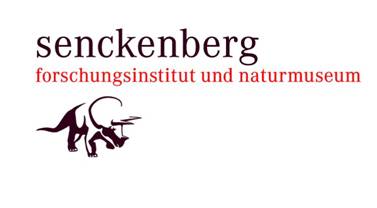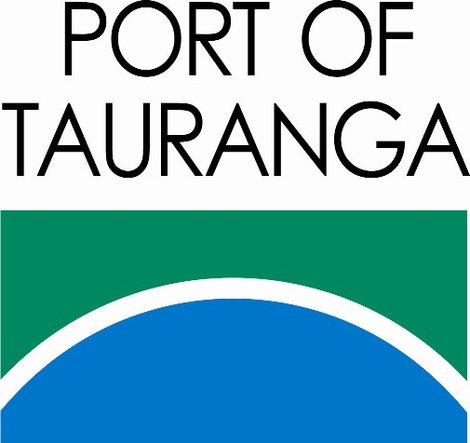Die Inhalte dieser Seite sind leider nicht auf Deutsch verfügbar.
Seitenpfad:
- INTERCOAST
- About INTERCOAST
About INTERCOAST
Background
The International Research Training Group INTERCOAST will investigate questions of societal relevance relating to the coastal and shelf regions of the Bay of Plenty-Coromandel in New Zealand and of the North Sea in Germany. The research programme focuses on coasts and shelves in both areas, as they have similar coastal problems, despite their wide geographic location disparity. Both coastal and shelf zones have much in common, including existing and expanding settlement, intensifying harbour development and ship traffic, coastal land use conversion for housing and industry, fisheries and aquaculture industries, tourism and, particularly important for the future – energy production from the marine realm and wind parks. These activities and their impacts necessitate environmental intervention: dredging for shipping channels and wharves, land reclamation, and infrastructure development for homes, factories, and population mobility, sewage treatment, etc. Overriding such intensifying development, global change exerts strong impacts on both the German North Sea and the Bay of Plenty regions. In both areas this rapid population increase, commercial development, and recreational usage require long-term and careful planning, paying special attention to the principles of sustainable and precautionary, environmentally sound, and conservation-oriented economic practices.

Study Areas
Although these two study areas share many similarities each has its own distinctive characteristics. The North Sea coast is characterized by estuaries, tidal flats and fringing marshland that is protected by dikes. Relatively soft sediments are found in the coastal area which consists of eroded glacial till from the ice ages or sandy or clayey sediments of Quaternary age. In contrast, the Bay of Plenty coastal lowlands are comprised of barrier dune ridges intercalated with modern alluvial deposits and tephra blanketed terraces.
Comparable studies from these two unique and coevally contemporary areas will improve our understanding of the processes for a sustainable usage of the coastal and shelf regions. This is the ideal and innovative way to understand, predict and, if necessary, to mitigate the changes to the natural environment that most likely will be induced by future change. Achievement of the above mentioned aims requires an interdisciplinary and international cooperative effort by leading scientists in the appropriate fields of study.
Comparable studies from these two unique and coevally contemporary areas will improve our understanding of the processes for a sustainable usage of the coastal and shelf regions. This is the ideal and innovative way to understand, predict and, if necessary, to mitigate the changes to the natural environment that most likely will be induced by future change. Achievement of the above mentioned aims requires an interdisciplinary and international cooperative effort by leading scientists in the appropriate fields of study.

Project Goal
It is the goal of INTERCOAST to provide fundamental knowledge regarding oceanographic, sedimentological, biological, and chemical processes as well as socio-economic interactions and legal effects. Such knowledge is a prerequisite for a sustainable utilization of coastal and shelf-sea areas. Hence, the focus will be on the themes Environmental Change, Development Impacts and Societal Aspects. This planned research can only be conducted in an interdisciplinary framework, ranging from the natural sciences to legal, economic, and sociological disciplines. The participating institutions are:








